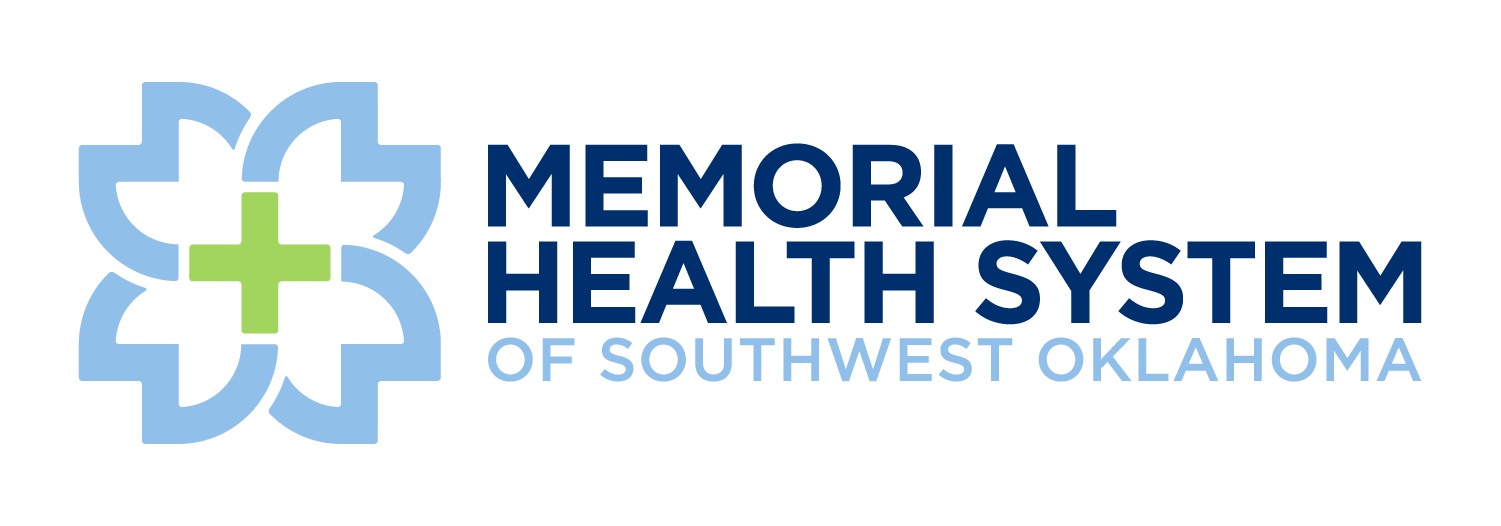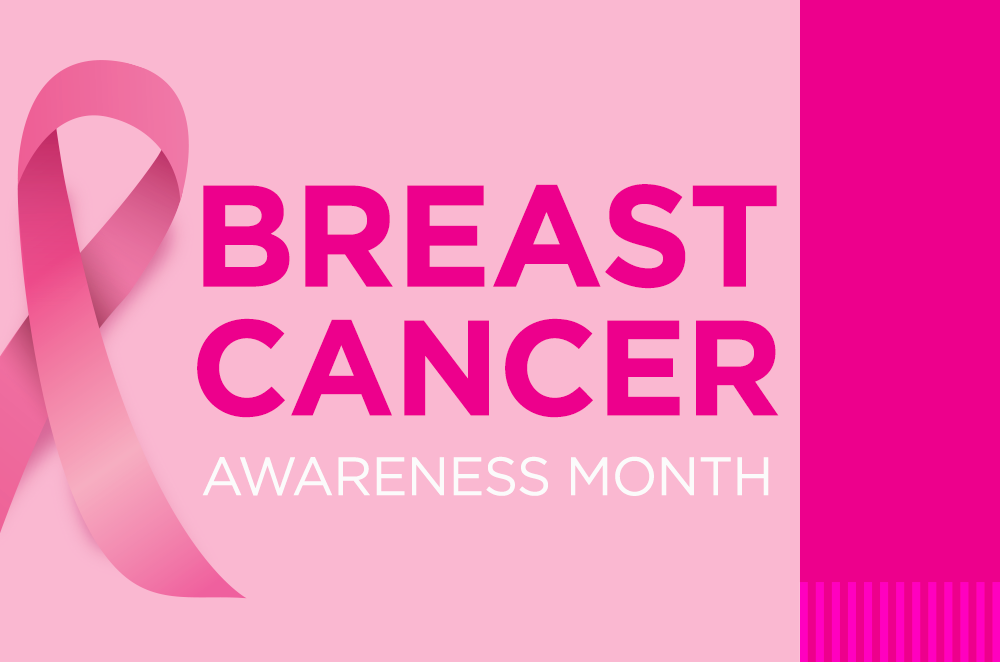October is Breast Cancer Awareness Month, a time dedicated to raising awareness about one of the most common types of cancer among women. In 2024, an estimated 310,720 new cases of invasive breast cancer will be diagnosed in women. While rare, this year, 2,790 men will also be diagnosed with breast cancer. This blog aims to raise awareness about the signs and symptoms of breast cancer, encourage regular screenings, and help people understand risk factors.
Signs and Symptoms
It’s important to be vigilant about your breast health and be aware of the potential signs and symptoms of breast cancer. If you notice any of the following changes, please consult your doctor for a checkup:
Lump or thickening: A new lump or thickening in the breast or underarm is a common sign of breast cancer. It’s important to note that not all lumps are cancerous, but it’s always best to have them checked by a healthcare professional.
Change in breast shape or size: If you notice a change in the shape or size of your breast, it’s important to pay attention. This could be a sign of an underlying issue, including breast cancer.
Nipple discharge: Nipple discharge that is not breast milk can be a symptom of breast cancer. This discharge may be clear, bloody, or a different color.
Skin changes: Changes to the skin on your breast, such as dimpling, redness, or scaling, can be a sign of breast cancer.
Pain in the breast: While breast pain can be caused by various factors, including hormonal changes or an infection, it’s important to consult your doctor if you experience persistent or unusual breast pain.
Early Detection
Early detection is crucial in the fight against breast cancer. Two essential tools for early detection are mammograms and clinical breast exams.
Mammograms: Regular mammograms are X-rays of the breast that can detect abnormalities before they become noticeable. The American Cancer Society recommends that women start getting annual mammograms at age 45. However, women with a higher risk of breast cancer may need to start earlier.
Clinical Breast Exams: A clinical breast exam is a physical examination of the breasts performed by a healthcare provider. It can help detect any changes or abnormalities in the breast tissue.
CCMH’s McMahon Center of Breast Health offers comprehensive breast imaging services, including digital mammograms, 3D tomosynthesis, breast ultrasound, and breast MRI. These services can help women detect breast cancer early and improve their chances of successful treatment. In addition to screening services, the McMahon Center also provides diagnostic services, such as image-guided biopsies, to help diagnose breast cancer if it is found.
Understanding Risk Factors
While anyone can develop breast cancer, certain factors can increase your risk. Knowing these risk factors can help you take proactive steps to protect your health.
Age: The risk of breast cancer increases with age.
Family History: Having a close relative with breast cancer can increase your risk.
Lifestyle Choices: Certain lifestyle choices, such as obesity, smoking, and excessive alcohol consumption, can also elevate your risk.
Hormone Therapy: Women who have gone through menopause and use hormone therapy may have a slightly increased risk.
Dense Breast Tissue: Women with dense breast tissue may have a slightly increased risk, as it can make it harder to detect abnormalities on a mammogram.
Get Screened
Mammograms are crucial for detecting and diagnosing breast cancer. If you’re 40 or over or have risk factors, schedule a mammogram by calling the McMahon Center for Breast Health, Imaging Services at 580.250.5846.
Take Action Today
By raising awareness, encouraging regular screenings, and understanding risk factors, we can make a significant impact in the fight against breast cancer. Remember, early detection is key. If you notice any changes in your breasts, don’t hesitate to consult your healthcare provider. Together, we can empower women and men to prioritize their breast health and create a brighter future.
Resources:
https://www.breastcancer.org/facts-statistics
https://www.breastcancer.org/about-breast-cancer#section-signs-and-symptoms-of-breast-cancer
https://www.breastcancer.org/risk/risk-factors
Disclaimer:
The Comanche County Memorial Hospital website does not provide specific medical advice for individual cases. Comanche County Memorial Hospital does not endorse any medical or professional services obtained through information provided on this site, articles on the site or any links on this site.
Use of the information obtained by the Comanche County Memorial Hospital website does not replace medical advice given by a qualified medical provider to meet the medical needs of our readers or others.
While content is frequently updated, medical information changes quickly. Information may be out of date, and/or contain inaccuracies or typographical errors. For questions or concerns, please contact us at contact@ccmhhealth.com.

